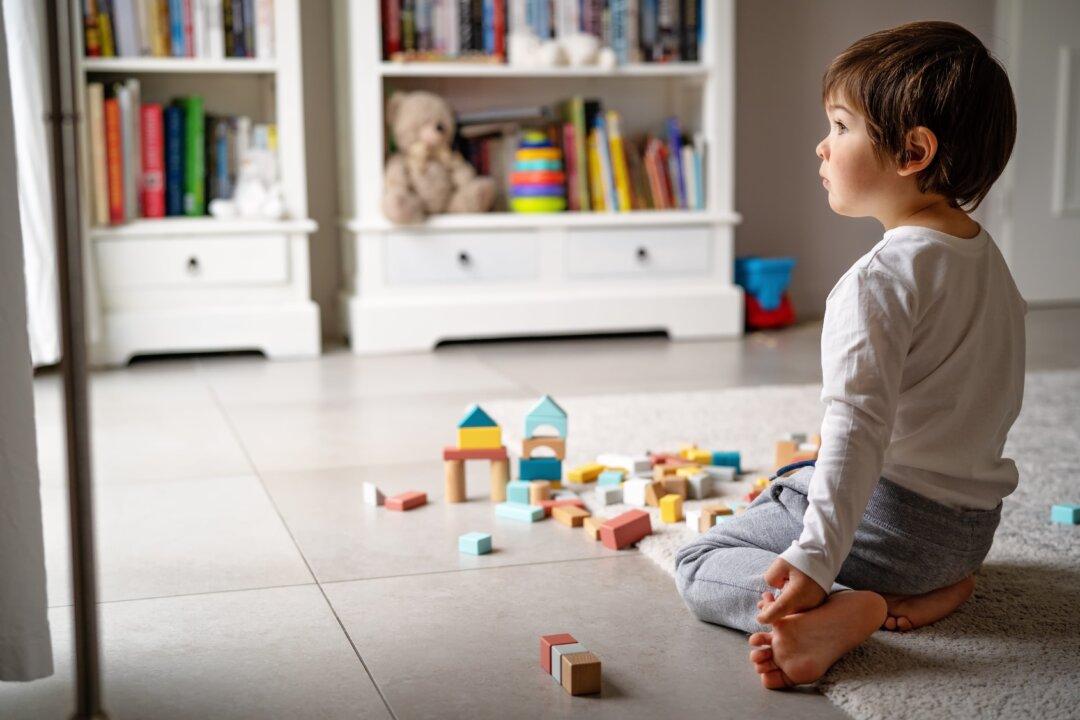The most common question I get in my talks to parents around the country is this: What should I do when my kid says he’s bored?
Recently, one mom told me that her son is always asking her: “What should I do next? I’m bored.” This mom, like many parents these days, feels a tremendous pressure to occupy her son’s every moment—to immediately get rid of his boredom and provide activities to quell his discomfort.






